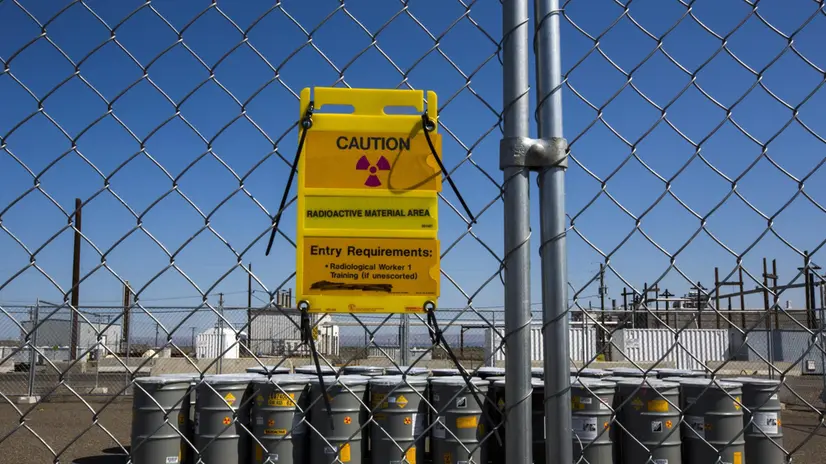Russia denuncia formalmente trattato con Usa su scorte plutonio

MOSCA, 27 OTT - Il presidente russo Vladimir Putin ha firmato oggi e promulgato una legge che mette ufficialmente fine a un accordo con gli Usa, già sospeso di fatto dal 2016, sul riciclaggio delle scorte di plutonio per impedire che venga usato per la costruzione di testate nucleari. Lo riferiscono le agenzie russe citando il sito delle informazioni legali. L'accordo, firmato nel 2000 e modificato parzialmente nel 2010, impegnava Russia e Usa a trattare i loro stock di plutonio rimasti dalla Guerra fredda per trasformarlo in combustibile da utilizzare nelle centrali nucleari. Ciascuna delle due parti doveva riciclare 34 tonnellate di plutonio. Nel 2016, Putin aveva emesso un decreto che sospendeva il trattato, nel contesto di un peggioramento delle relazioni con Washington, all'epoca della presidenza di Barack Obama. Nel decreto si citavano fra l'altro l'espansione della Nato verso est e l'aumentata presenza militare Usa nell'Europa dell'Est.
Riproduzione riservata © Giornale di Brescia
Iscriviti al canale WhatsApp del GdB e resta aggiornato
